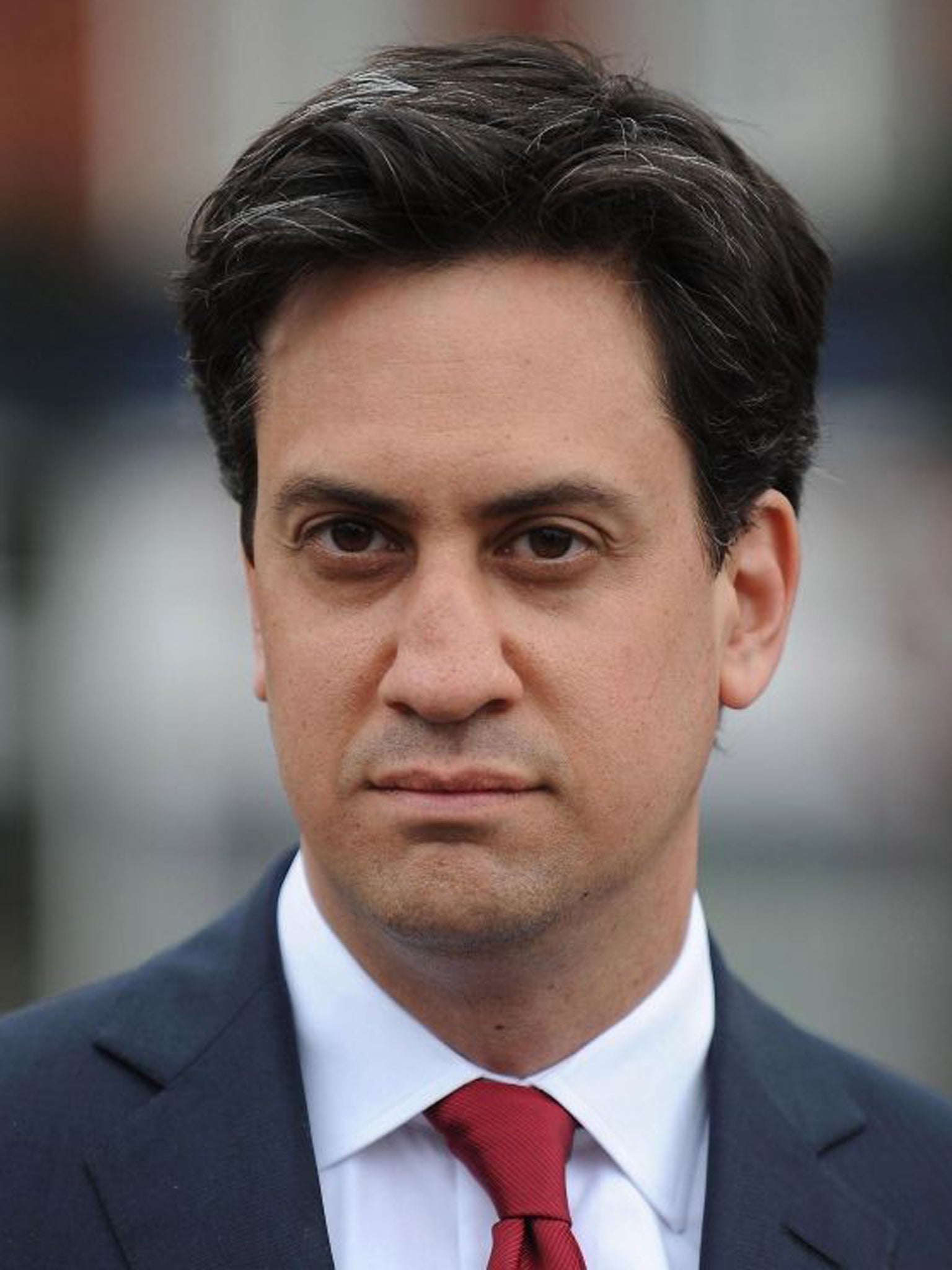Labour faces £1m funding crisis after GMB cuts party cash by 90%
Membership has dropped from 193,961 in 2010 to 187,537 last year

Labour faces a financial crisis in the run-up to the general election after the third biggest trade union announced that it will cut the money it gives to the party by 90 per cent.
The move by the GMB union highlights the backlash against Ed Miliband’s plans to reform the relationship between Labour and its union founders. He wants the three million union members who pay the political levy to actively “opt in” rather than have to opt out if they do not wish to support the party, as at present.
The GMB will cut the affiliation funds it gives Labour from £1.2m to £150,000 a year. It also threatened “further reductions in spending on Labour Party campaigns and initiatives” and expressed “considerable regret” about the impact of Mr Miliband’s proposals on the union-party link.
The GMB estimates about 50,000 of its 650,000 members would affiliate to Labour, with a GMB source saying the idea that many more might choose to join the party was “fantasy land... dream on”. The move is worrying for Labour because officials expected the reforms to take effect after the 2015 election. If, as expected, other unions follow suit, the party could be forced to run a slimline election campaign in which it spends less than the Conservatives.
Labour could be forced to plead with the unions for a last-minute injection of money on the eve of the election, when several have traditionally topped up their affiliation fees with one-off donations totalling millions. That would provoke Conservative claims of trading “cash for policies” in the Labour manifesto.
Ronnie Draper, general secretary of the Bakers, Food and Allied Workers Union , said he would not be surprised if other unions copied the GMB’s reaction to Mr Miliband’s “gamble.” He said: “This is the biggest own goal we [Labour] have ever done.”
Ian Lavery, who chairs the trade union group of Labour MPs and has described the reform as the “biggest political gamble” in the party’s history, said: “People are not queuing up to join Labour – quite the opposite. They are waiting to see what the party will bring to the table in its manifesto.”
Some Labour MPs accused the GMB leadership of “jumping the gun” before consulting its members on whether they want to back Labour. Others saw it as a negotiating tactic as the reforms are hammered out.
The snub is significant because Paul Kenny, the GMB general secretary, backed Mr Miliband for the Labour leadership in 2010. When the two men meet tomorrow, Mr Miliband will tell Mr Kenny his union’s decision “makes the case” for the reforms rather than undermines it. A modern, transparent relationship between Labour and the unions means that individual members, not union bosses, should decide on financial backing for the party, he will argue.
Aides insist Mr Miliband will not back down. He will address the TUC’s annual conference next week and an interim report on the reforms will be discussed at Labour’s conference later this month.
Labour officials insisted they are not worried about a pre-election cash crisis. They are confident of raising more funds by attracting new members.
Labour claims its membership has risen since 2010 to about 190,000. However, accounts filed to the Electoral Commission show that it dropped from 193,961 in 2010 to 187,537 last year.
According to Labour, the party had an income of £16.8m in the 12 months to June, of which £4.8m (29 per cent) came from membership and small donations, £4.2m (25 per cent) from fundraising and commercial activities, £4.1m (25 per cent) from union donations and affiliation fees and £3.6m (22 per cent) from grants, including public money for opposition parties.
Subscribe to Independent Premium to bookmark this article
Want to bookmark your favourite articles and stories to read or reference later? Start your Independent Premium subscription today.

Join our commenting forum
Join thought-provoking conversations, follow other Independent readers and see their replies